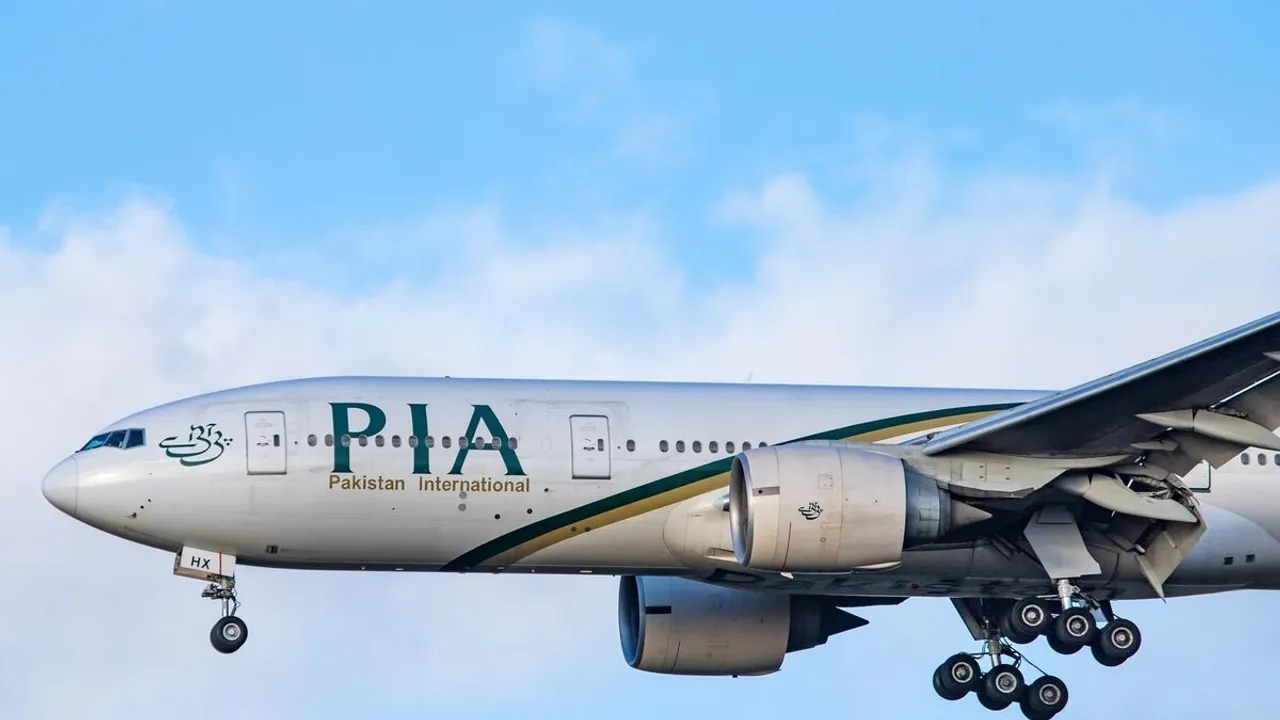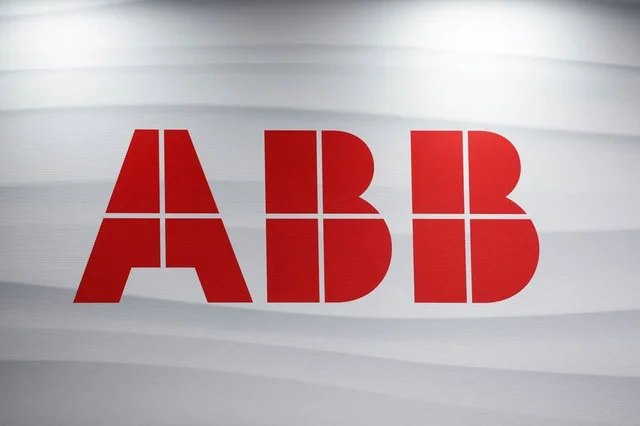Pakistan is embarking on a pivotal journey to revitalize its national carrier, Pakistan International Airlines (PIA), by offering a majority stake ranging from 51% to 100% for privatization. With a steep history of financial losses, amounting to a debt of Rs429.267 billion, the move aims to enhance PIA’s fiscal health and operational efficiency. The privatization panel, poised for a swift transaction, has set a deadline of May 3 to receive expressions of interest, signaling a significant shift towards fiscal responsibility and organizational restructuring.
Strategic Divestment and Restructuring
In a bid to attract potential investors and stabilize its financial standing, PIA is undergoing an elaborate restructuring process. By separating its aviation-related activities from non-core elements, the airline aspires to present a ‘debt-lite’ new structure. This strategic move is designed to alleviate the burden of legacy debt, making the investment more appealing. The initiative is part of Pakistan’s broader commitment to fiscal discipline, in line with agreements made with the International Monetary Fund (IMF) to unlock a $3-billion bailout package. Financial advisory services for this critical transaction are being provided by EY Consulting, ensuring a meticulous and informed approach to the divestment process.
Operational Revamp and Future Projections
PIA’s decision to split its operations into Core and Non-Core Undertakings aims to streamline its business model and enhance profitability. This reorganization is projected to provide financial stability and improve operational efficiencies, setting the stage for a more competitive stance in the global aviation market. Despite facing significant losses in recent years, exacerbated by rising fuel prices and currency devaluation, PIA managed to break even at the EBITDAR level in 2023. With new routes contributing to revenue growth, there is cautious optimism about the airline’s financial trajectory post-privatization.
Implications for Pakistan’s Aviation Sector
The privatization of PIA represents a critical juncture for Pakistan’s aviation industry, offering a glimmer of hope for the troubled carrier’s resurgence. By transferring management control to private investors, the government aims not only to alleviate its financial burden but also to inject new life into the airline. This transition could serve as a blueprint for revitalizing other state-owned enterprises facing similar challenges. As the deadline for expressions of interest draws near, the aviation community and potential investors alike watch closely, anticipating the transformative potential of this historic sale.









